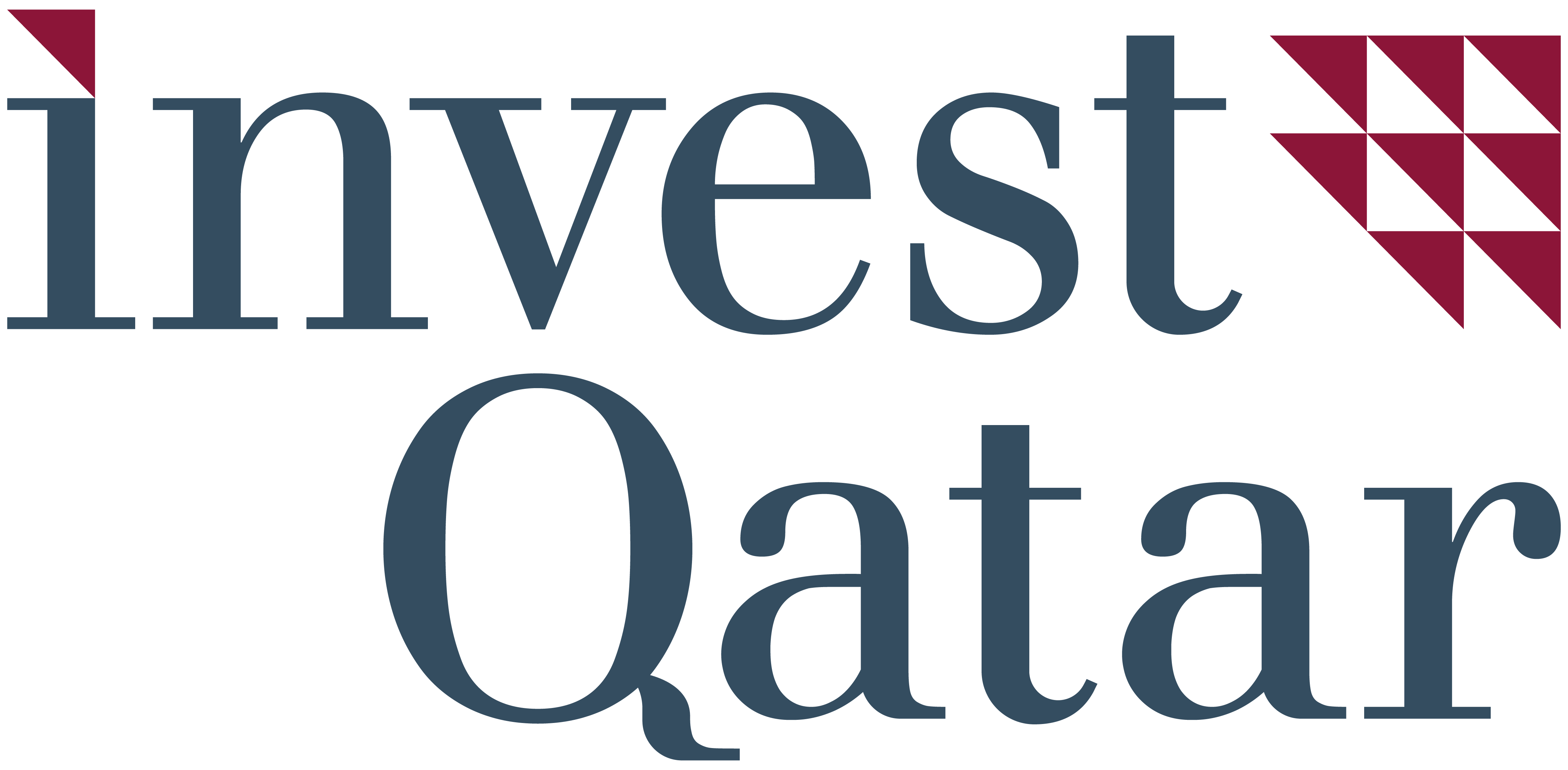Qatar has ambitious plans to become a magnet for venture capital (VC), powered by significant backing from its government and a thriving start-up ecosystem. The country’s journey from energy powerhouse to innovation hub is gaining momentum, driven by strategic initiatives and a growing community of entrepreneurs and investors.
Mohammed bin Abdulrahman bin Jassim Al Thani, Qatar’s Prime Minister and Minister of Foreign Affairs, recently announced Qatar Investment Authority’s (QIA) $1bn fund of funds – a significant milestone in this transformation. On the fund’s launch, QIA CEO Mansoor Ebrahim Al-Mahmoud said: “Building a well-connected start-up ecosystem in Qatar is fundamental to diversifying the country’s economic base in the long term.”
The fund represents a significant step in Qatar’s drive towards economic diversification. With more than $1bn dedicated exclusively to venture capital funds, it’s a targeted approach to nurturing innovation alongside the country’s energy sector. The fund aims to yield market-level returns while developing a start-up network, creating an environment attractive to international venture capitalists and entrepreneurs alike.

The groundwork for this evolution has been laid over several years. Sheikh Fahad Jassim Al-Thani, Executive Director of the Financial Services Office at Qatar Financial Centre (QFC), outlines its progress: “Our strategy focused on building strong foundations for sustainable growth. We approached this in two phases, focusing first on non-regulated fintechs before addressing the regulated sector.”
This measured approach has yielded results. Qatar Development Bank figures show QR475m ($130.46mn) was channelled into 187 start-ups between 2016 and 2023, contributing to 224 venture capital deals. Over a five-year period, Qatar maintained a 17 per cent compound annual growth rate in investments and a 10 per cent growth rate in deals, despite global headwinds. In 2023, Qatar accounted for 6 per cent of total deals in the Middle East and North Africa, making it one of the five most active countries in the region.
The driving force of QFC
The QFC has played a pivotal role in nurturing this ecosystem. “We are proud to have pioneered the process of launching both our management company and Venture Capital Fund jurisdiction of the QFC,” says Soumaya Ben Beya Dridje, Partner at Rasmal Ventures. “We’ve witnessed first-hand QFC’s exceptional efforts to create a user-friendly environment for VCs to establish their presence.”
Al-Thani elaborates on QFC’s approach: “We play a strategic role, positioned between the regulatory authority and the end users or investors.” This positioning allows QFC to bridge gaps between regulators, investors and entrepreneurs, fostering a more cohesive ecosystem.

The regulatory environment has been carefully crafted to support this growth. Al-Thani highlights the introduction of the Exempt Professional Investor Fund, a VC-friendly product with streamlined regulations. “We aimed to distinguish between regulated and non-regulated fintechs,” he explains, underscoring the need for a nuanced approach to regulation in a rapidly evolving sector.
Attracting local and international investors
This regulatory flexibility has attracted both local and international venture capital firms. Dridje’s Rasmal Ventures, a Qatar-born fund, and Golden Gate Ventures, founded in Singapore and now operating in Doha, are among new entrants to the market. Golden Gate announced a $100mn MENA fund in May, focusing on alternative energy, green technology, B2B artificial intelligence and energy-related deep tech. Its presence brings capital, but also international connections, which are crucial for the ecosystem’s maturation.
The focus on fintech has been particularly strong. “We have achieved several milestones in this initiative,” says Sheikh Al-Thani. “More than 100 companies are operating in the Qatari fintech space.” These include payment service providers, digital wallets, buy-now-pay-later services and blockchain technologies.
Qatar’s ambition extends beyond fintech. Manufacturing has taken the lead in venture capital flows, accounting for 36 per cent, followed by fintech at 15 per cent and healthcare technology at 12 per cent. This diversity aligns with the country’s broader economic diversification goals as outlined in its National Vision 2030.
Government support has been instrumental in fostering this ecosystem. Qatar Development Bank operates eight incubator/accelerator verticals under its Business Incubation & Acceleration umbrella, including the Qatar Business Incubation Center and Qatar Fintech Hub. These initiatives provide crucial support for early-stage companies, from funding to mentorship.

This support is crucial for start-ups such as Snoonu, a Qatari tech platform for online shopping and delivery services. “Qatar offers a unique opportunity to run pilot projects, with the country’s compact size and well-developed infrastructure making it an ideal testing ground,” says Hamad Mubarak Al Hajri, Snoonu’s CEO and founder. “Once a pilot is successful in Qatar, it can be easily scaled to other markets, providing an excellent springboard for regional and international expansion.”
The fintechs QFC has partnered with include SkipCash, which digitises consumer payments by eliminating the need for physical cards and point-of-sale devices. “The QFC’s regulatory clarity has allowed us to focus on expansion rather than administrative complexities,” says Mohammed Aldelaimi, Founder and Managing Director of SkipCash. “Our success in pioneering new digital payment solutions demonstrates how fintech start-ups can contribute to Qatar’s economic diversification.”
Building a collaborative VC network
The collaborative nature of Qatar’s venture capital space is another key strength. As Al-Thani explains: “We are building an ecosystem to identify and address challenges. Our role is to provide support where needed.” This approach has led to partnerships between government entities, venture capital firms and start-ups, creating a more robust and interconnected ecosystem. Digital assets and tokenisation represent some of the QFC’s newest areas of development. “We function as an ecosystem laboratory,” Al-Thani says, demonstrating how the centre tests and implements new financial technologies.
Challenges remain, particularly around scaling the ecosystem and attracting more international attention. However, the foundations are strong. “As a private and commercially driven entity, we strategically selected Qatar as the domicile for the fund, to be the springboard to the region,” says Dridje. Qatar’s push to become a regional hub for venture capital is gaining momentum. The QIA’s Fund of Funds, QFC’s regulatory framework and QDB’s incubation programmes are creating an attractive environment for both local and international start-ups and investors.
